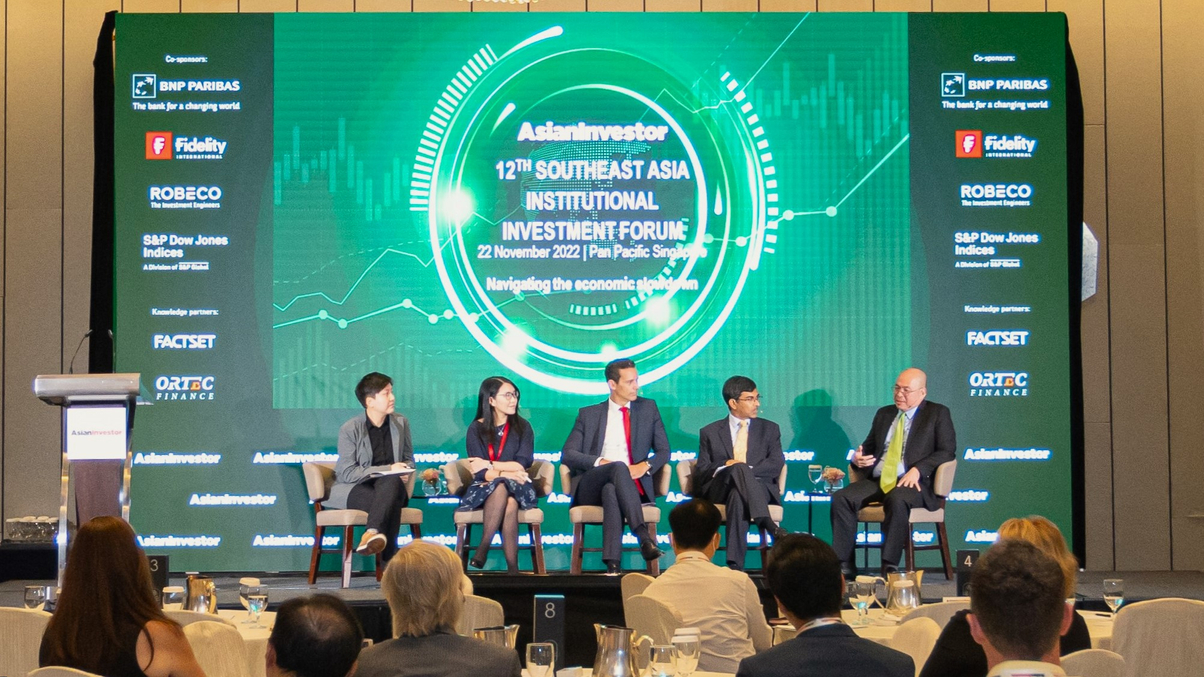Malaysia’s Khazanah highlights challenges in driving alpha under transition models
The Malaysian sovereign wealth fund believes that the 'G' in ESG is critical if sustainability is to drive alpha going forward.

Khazanah Nasional Berhad have concerns about whether portfolio companies' low-carbon transition can drive alpha in the short term, but believes that having the right funding is critical to driving an ESG makeover.
Sign in to read on!
Registered users get 2 free articles in 30 days.
Subscribers have full unlimited access to AsianInvestor
Not signed up? New users get 2 free articles per month, plus a 7-day unlimited free trial.
¬ Haymarket Media Limited. All rights reserved.


